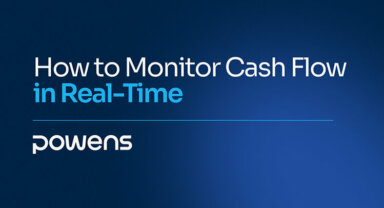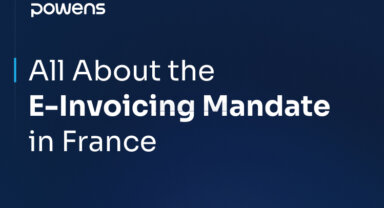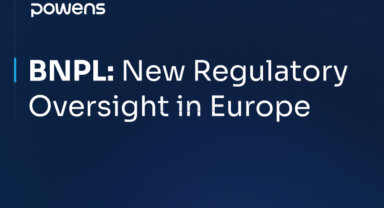The rapidly evolving realm of Open Banking, underpinned by technology-driven advancements, promises a future where financial transactions are more personalized, efficient, and inclusive. However, with every opportunity comes a set of challenges, particularly when it comes to managing risks and preventing fraud. As an Open Banking marketing influencer, I’ll explore how the industry is proactively addressing these challenges while leveraging the potential of this exciting new paradigm.
Open Banking and Its Implications for Risk Management
Open Banking is characterized by the use of Application Programming Interfaces (APIs), which permit third-party providers (TPPs) to access customer data securely from banks. While this interoperability and data sharing create avenues for financial innovation, they also present new risks that must be appropriately managed to maintain trust and security within the ecosystem.
Key Risks in Open Banking and Their Mitigation
Open Banking, with its inherent interconnectedness, gives rise to several risks, including cybersecurity threats, data breaches, and fraud. Let’s explore these risks and their mitigation strategies.
Cybersecurity Threats in Open Banking
Open Banking’s digital-first approach heightens the risk of cyber threats. Hackers could potentially exploit vulnerabilities in APIs or TPP systems to gain unauthorized access to sensitive data or disrupt services.
Mitigation strategies involve implementing robust security measures like multi-factor authentication, encryption, and regular security audits. Additionally, the use of secure customer authentication (SCA) under the Revised Payment Service Directive (PSD2) can further enhance cybersecurity.
Data Privacy and Breaches
The sharing of customer data with TPPs in Open Banking can potentially lead to data breaches if not properly secured. These risks are mitigated through rigorous data protection regulations like the General Data Protection Regulation (GDPR) in Europe, which mandates strict consent mechanisms and data handling practices.
Fraud Risks
With the increased complexity and number of participants in the Open Banking ecosystem, there are higher chances of fraudulent activities.
To combat fraud, Open Banking platforms need to adopt advanced fraud detection and prevention technologies. These may include AI-based predictive analysis, behavior analytics, and real-time fraud monitoring.
Open Banking and Regulatory Compliance
Regulations like PSD2 and GDPR, as well as industry-standard guidelines provided by the Financial Action Task Force (FATF), play a crucial role in risk management and fraud prevention. They provide a regulatory framework that ensures TPPs maintain high security and data protection standards.
Compliance with these regulations is not just a legal requirement but also a competitive advantage for TPPs, as it builds consumer trust and confidence.
The Future of Risk Management and Fraud Prevention in Open Banking
As Open Banking continues to evolve, so will the strategies for risk management and fraud prevention. Developments like decentralized finance (DeFi) and blockchain technology can offer potential solutions with their inherent transparency and immutable transaction records.
The end effect
While Open Banking opens up new frontiers for financial services, it also introduces new risks that require careful management and mitigation. Through a combination of robust cybersecurity measures, stringent data protection regulations, advanced fraud detection technologies, and regulatory compliance, Open Banking can navigate these challenges effectively. By doing so, it can ensure that it continues to revolutionize the financial services industry while providing a safe and secure environment for consumers and businesses alike. Ultimately, a proactive approach to risk management and fraud prevention is key to the successful and sustainable growth of Open Banking.

 Nov 05, 2023
Nov 05, 2023 













